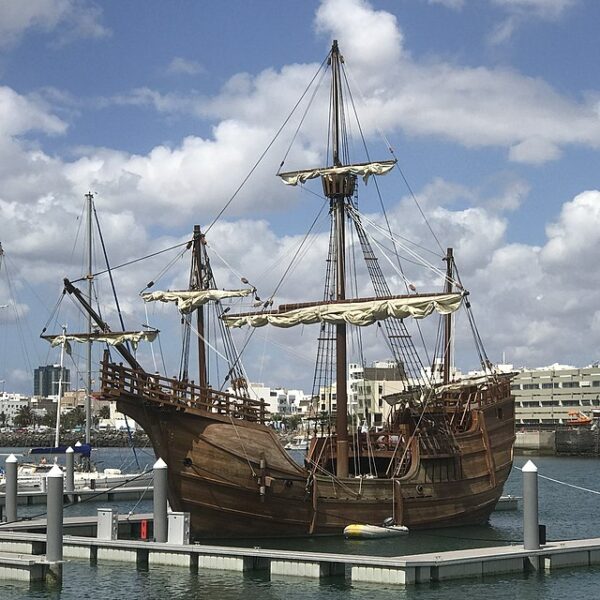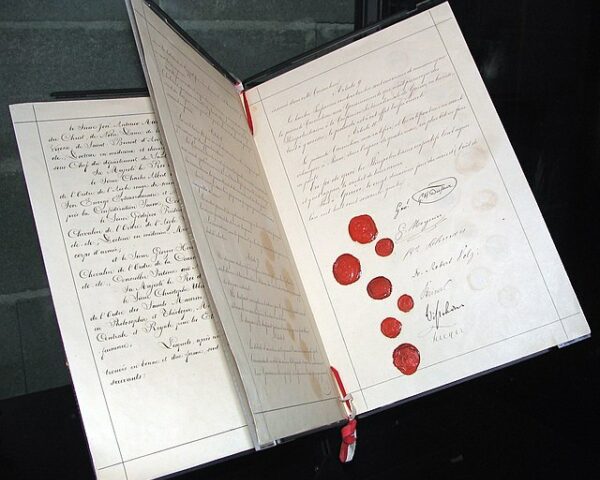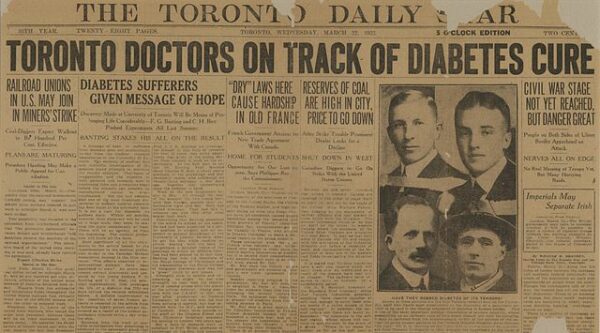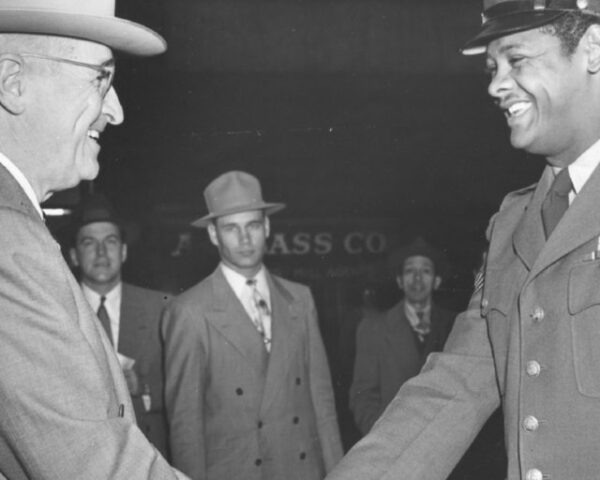On April 30, 1492, Christopher Columbus, an ambitious navigator from Genoa, was named admiral of the ocean, viceroy, and governor of any territory he claimed for Spain. The move by the two Spanish monarchs, Ferdinand II of Aragon and Isabella I of Castile, launched the Age of Exploration in Europe and changed global history forever.
Columbus had long envisioned reaching the lucrative markets of the East Indies by sailing westward across the Atlantic Ocean. Despite initial skepticism and rejection, he persisted in seeking support for his bold plan. Finally, his efforts bore fruit when he gained the favor of the Spanish crown.
With his commission secured, Columbus meticulously prepared for his journey. He assembled a modest fleet of three ships—the Nina, the Pinta, and the Santa Maria—and gathered a crew of sailors. On the appointed day, they set sail from the port of Palos de la Frontera, embarking on an expedition into uncharted waters.
The voyage was fraught with challenges and uncertainties. As weeks turned into months, Columbus and his crew faced harsh weather, navigational difficulties, and dwindling supplies. Despite the hardships, Columbus remained steadfast in his conviction that they would eventually reach their destination.
On October 12, 1492, after months of traversing the vast expanse of the Atlantic, land was sighted. Columbus and his crew had arrived at the shores of an island in the Caribbean, which he believed to be part of the East Indies. This momentous encounter marked the beginning of sustained contact between the Old World and the New, setting a period of exploration, colonization, and cultural exchange in motion.
Columbus’s commission played a pivotal role in catalyzing the Age of Discovery. His voyage inspired subsequent expeditions by European powers eager to stake their claim to the newly discovered lands. This era of exploration led to the exchange of goods, ideas, and technologies between continents, reshaping global trade routes and cultural landscapes and making the Spanish Empire the wealthiest nation in the world.






